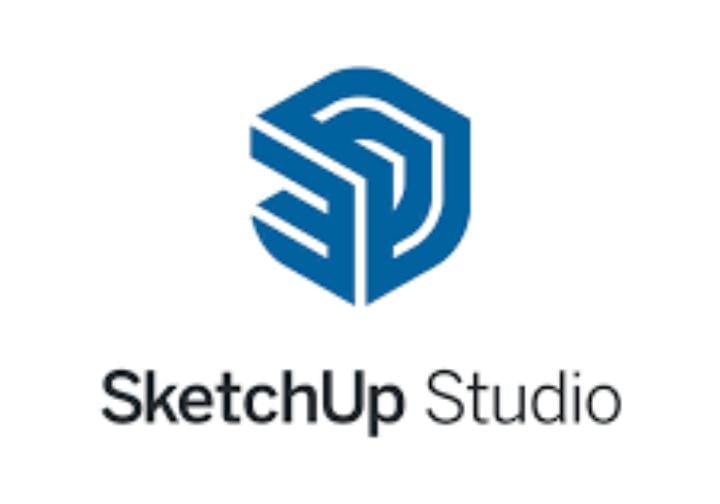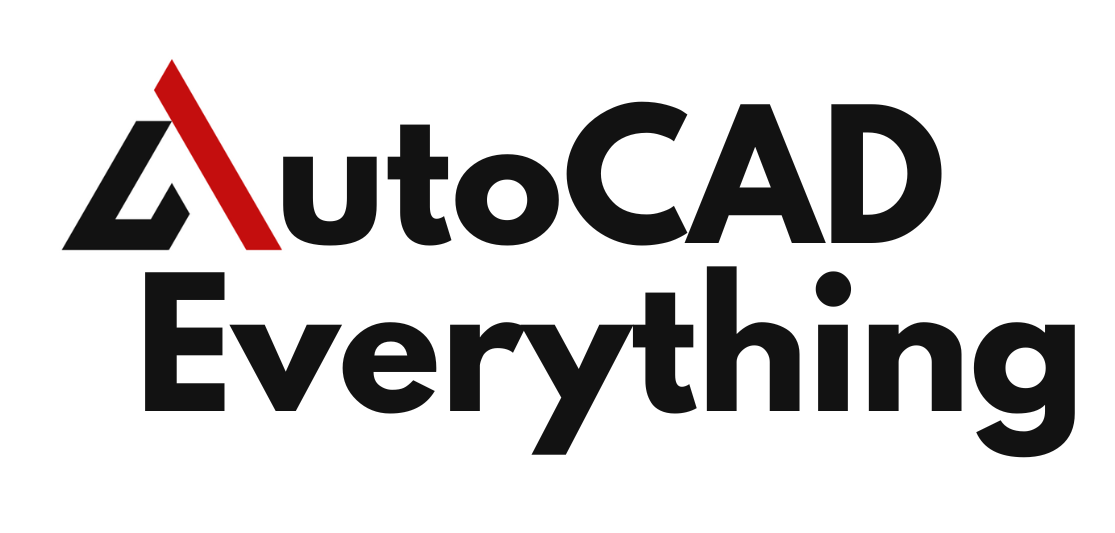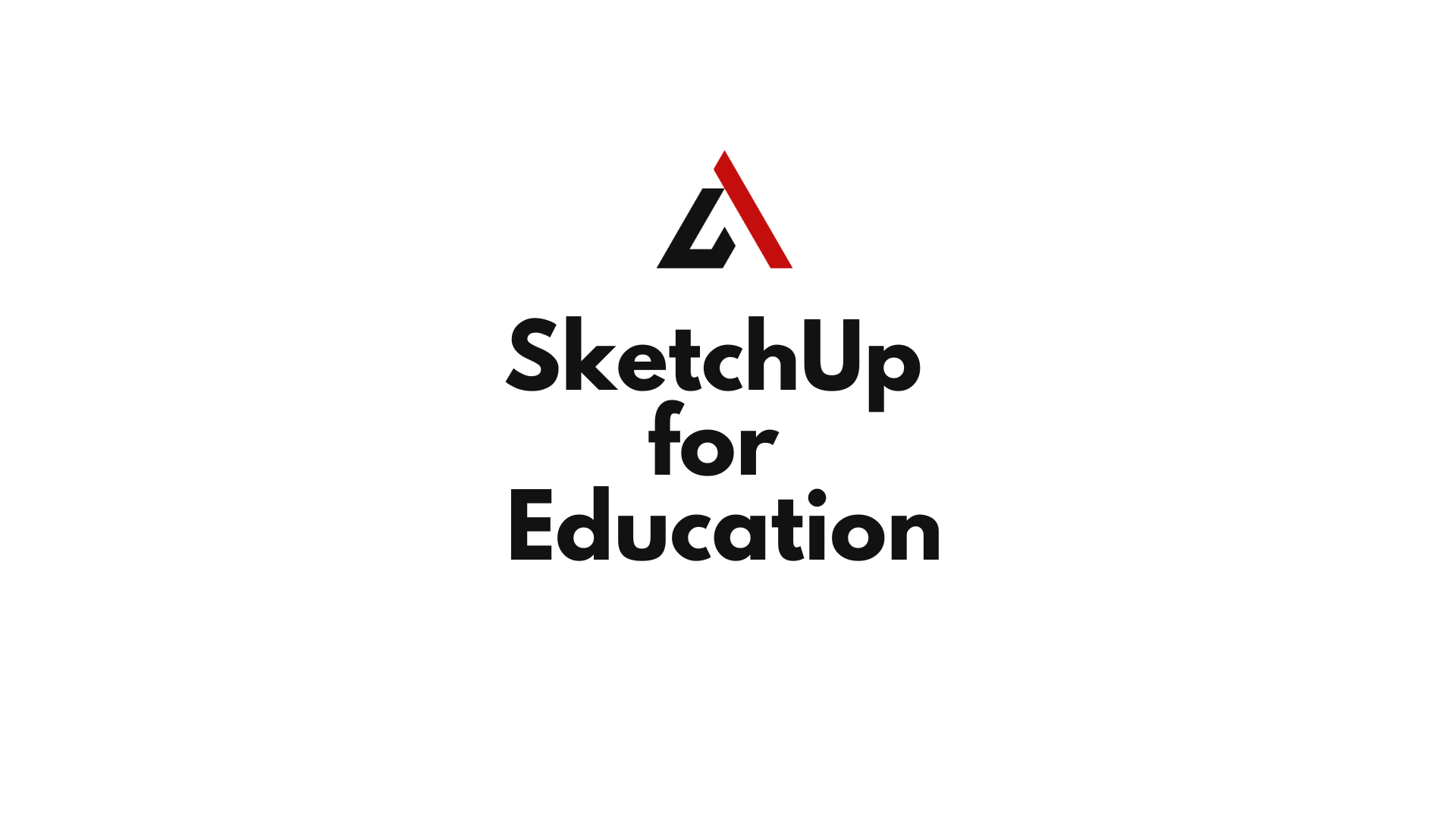3D design is no longer a skill reserved for architects or engineers. It’s now an essential literacy in education—cultivating spatial thinking, design confidence, and digital creativity. Among the many modeling platforms available today, SketchUp for Education stands out as a flexible, intuitive, and accessible tool for both teachers and students.
Whether you’re a STEM educator, art instructor, or curriculum designer, this guide will equip you with the resources, strategies, and tools to bring SketchUp into the classroom—powerfully and practically.
Table of Contents
SketchUp for Education
SketchUp for Education refers to tailored versions and programs of SketchUp offered to students, teachers, and academic institutions. These include SketchUp for Schools, SketchUp Studio for Higher Ed, and access to a wealth of learning resources designed specifically for educational use.

It fosters project-based learning across subjects such as:
- Architecture and Engineering
- Interior and Industrial Design
- Environmental Studies and Urban Planning
- Art, Gaming, and Animation
- Technology and Maker Education
Why Use SketchUp in Education?
SketchUp is uniquely suited for the classroom because of its:
- Low learning curve – Students can start modeling within minutes
- Cloud-based availability – No installations required for schools
- Interdisciplinary appeal – Works in STEM, art, geography, and more
- Free access for K–12 schools using Google Workspace or Microsoft
The platform develops critical 21st-century skills such as design thinking, visualization, collaboration, and digital fabrication readiness.
SketchUp for Schools (K–12)
SketchUp for Schools is a free, web-based version designed for primary and secondary education. Accessible via Google Workspace for Education or Microsoft 365, it runs entirely in the browser—no downloads or admin installs required.
Key Features:
- Cloud storage with Google Drive or OneDrive
- Integrated tutorials and curriculum
- Touchscreen-friendly for Chromebooks
- Free for K–12 institutions globally
It’s perfect for introducing 3D design to students in grades 4–12 through projects like playgrounds, tiny houses, city layouts, and simple machines.
SketchUp Studio for Higher Education
This is SketchUp’s premium package for universities and colleges. It includes:
- SketchUp Pro
- Sefaira (energy modeling for green building)
- Trimble Connect (collaboration)
- LayOut (documentation)
- SketchUp Viewer for AR/VR
It supports advanced modeling, sustainable design, and industry-ready workflows for architecture, engineering, and product design programs.
Available as:
- Student licenses (usually discounted)
- Educator licenses (free or low-cost)
- Institution-wide licenses (for labs and departments)
Getting Started: Setting Up SketchUp in Classrooms
Here’s how educators can roll out SketchUp successfully:
Step 1: Choose the Right Version
| Educational Level | Recommended SketchUp Version |
|---|---|
| Elementary & Middle | SketchUp for Schools (Web) |
| High School | SketchUp for Schools / Pro |
| University | SketchUp Studio for Higher Ed |
Step 2: Set Up Student Accounts
- Use existing Google Workspace for Education or Microsoft 365 accounts
- Admins whitelist the app in the domain
- Students sign in via
edu.sketchup.com
Step 3: Test Devices and Access
- Works best on Chromebooks, PCs, and Macs
- WebGL-compatible browser (Chrome, Edge, Safari)
Top SketchUp Projects for Classrooms
Design projects make 3D modeling come alive. Here are some engaging classroom-friendly ideas:
STEM
- Design a Rube Goldberg machine
- Model a robotic arm
- Visualize force and motion with simple machines
Architecture
- Build a dream house
- Create a green building prototype
- Model local landmarks
Art and Design
- Create 3D character models
- Design a logo in 3D
- Model a sculpture or art installation
Geography & Environment
- Plan a city layout
- Model terrain and landscapes
- Simulate water flow or sun shadows
SketchUp Learning Resources for Students and Teachers
SketchUp’s education portal offers robust, free learning materials:
SketchUp Campus
- Online learning platform
- Courses include “SketchUp Fundamentals,” “Rendering,” and “LayOut”
- Self-paced, beginner to advanced
SketchUp for Schools Lesson Plans
Available on:
Includes:
- Curriculum packs
- Project guides
- Assessment rubrics
- Google Slides and Docs templates
3D Warehouse
Massive online library of:
- Prebuilt furniture
- Building components
- Vehicles, plants, tools
Perfect for saving modeling time in student projects.
Teaching Methods for SketchUp in Classrooms
Project-Based Learning (PBL)
Center instruction around real-world challenges. Example: “Design a sustainable micro-home for your community.”
Flipped Classroom
Assign SketchUp Campus tutorials as homework. Use class time for active design and feedback.
Design Thinking
Incorporate ideation, prototyping, and iteration in student workflows.
Peer Review
Encourage student presentations with screen-shared walkthroughs for peer feedback.
Integrating SketchUp with 3D Printing and VR
Make designs tangible or immersive:
- 3D Printing: Export STL files from SketchUp for prototypes and models
- AR/VR Integration: Use SketchUp Viewer for mobile VR walkthroughs
- Laser Cutting: Slice models for cardboard fabrication using plugins
These tools connect design with STEAM, makerspaces, and innovation labs.
SketchUp Certifications and Portfolios
For career readiness:
- Trimble SketchUp Certifications for students (available for Pro users)
- Students can create online portfolios using:
- SketchUp for Web scenes
- Animated walkthroughs
- Screenshots and LayOut presentations
Common Classroom Challenges and Solutions
| Challenge | Solution |
|---|---|
| Students struggle with navigation | Use mouse tutorials, shortcuts, and orbit practice tasks |
| Files are lost or not saved | Ensure autosave is enabled via Google Drive or OneDrive |
| Limited class time | Use templates and premade components |
| Devices are underpowered | Stick to Web version and limit polycount |
Tips for Educators Teaching SketchUp
- Use Scenes to create step-by-step design guides
- Teach Groups and Components early to prevent modeling errors
- Start with 2D shapes before moving into full 3D structures
- Use Tags/Layers to organize complex models
Encourage creativity over perfection—SketchUp is about learning by doing.
Student Success Stories
Middle School STEM Challenge
Students designed futuristic vehicles in SketchUp, then printed prototypes on a school 3D printer. Some later submitted designs to a national competition.
High School Urban Design Class
Learners reimagined their neighborhood using SketchUp and presented their ideas to the city planning board.
University Architecture Students
Used SketchUp Studio with Sefaira to model passive solar buildings, comparing energy loads in different designs.
FAQs
Is SketchUp really free for students and teachers?
Yes! SketchUp for Schools is free for K–12 institutions using Google or Microsoft accounts. Higher Ed licenses are deeply discounted.
Can SketchUp run on Chromebooks?
Yes, SketchUp for Schools is fully web-based and optimized for Chromebook use.
What is the difference between SketchUp for Schools and SketchUp Pro?
SketchUp for Schools is web-only and simplified. Pro includes more tools, plugins, and export formats.
How do I access SketchUp lesson plans?
Through SketchUp’s Education blog, Trimble’s site, or by joining the SketchUp Educators community.
Can students use SketchUp at home?
Yes, with their school login via edu.sketchup.com, they can access their projects from anywhere.
Are there certifications available?
Yes, SketchUp offers certifications for advanced users and career-track students.
Conclusion: SketchUp Is the Future of 3D Learning
SketchUp for Education is more than software—it’s a gateway to creative thinking, problem solving, and digital literacy. It empowers students to become designers, makers, and innovators in any field. From elementary classrooms to university design labs, SketchUp is shaping the next generation of visual thinkers.
If you’re an educator, there’s never been a better time to integrate SketchUp into your teaching strategy.

